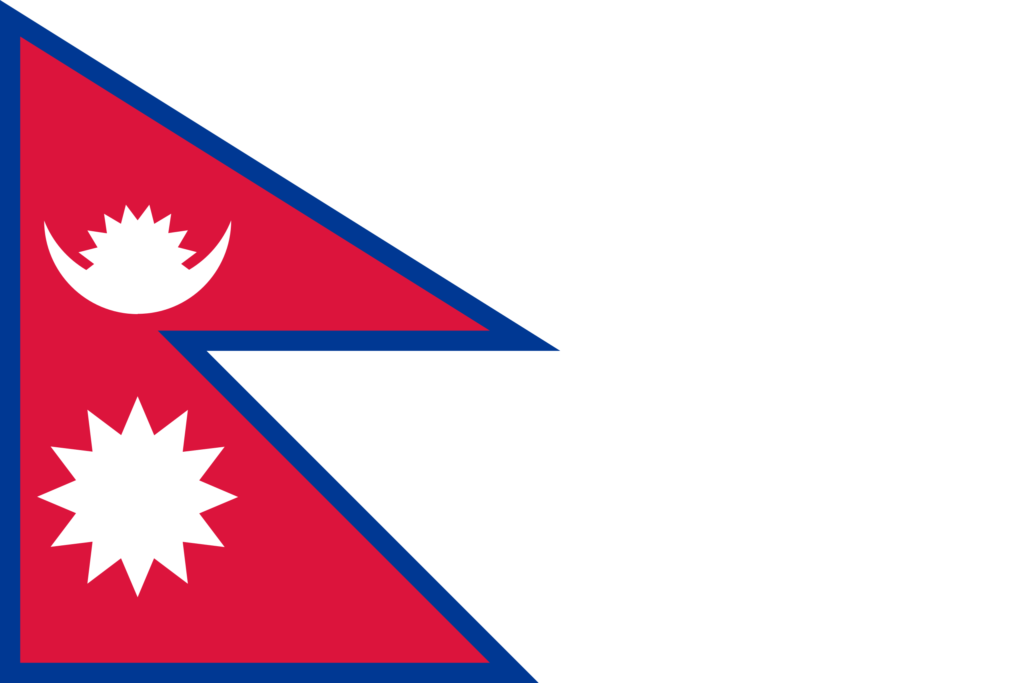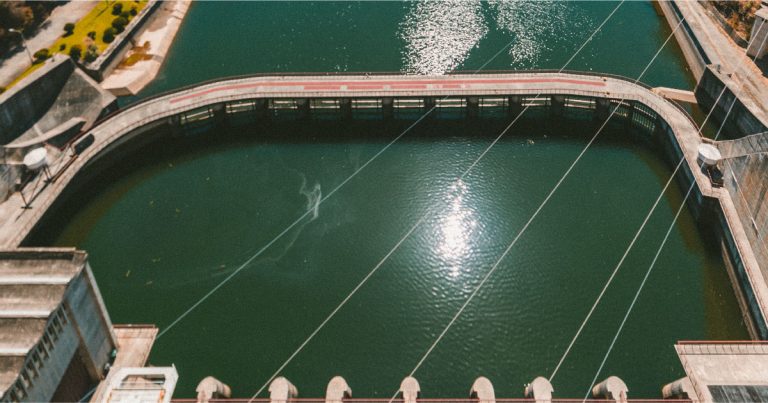Access to clean and safe water is essential for homes, industries, and communities alike. In Nepal, where water quality can vary significantly depending on the source, selecting the right water treatment plant is crucial. With the growing need for efficient water management, understanding what is a water treatment system and its role in ensuring safe water is the first step toward making an informed choice.
This blog explores the factors to consider when selecting a water treatment plant and highlights how these systems can meet diverse needs in Nepal.
What Is a Water Treatment System?
A water treatment system is a combination of processes and technologies designed to remove impurities, contaminants, and harmful substances from water. These systems ensure water is safe for drinking, industrial use, irrigation, or other purposes. Depending on the intended use, a water treatment plant may include steps such as sedimentation, filtration, disinfection, and chemical treatment.
Water treatment systems are tailored to address specific challenges, such as high turbidity in river water, microbial contamination in groundwater, or the presence of heavy metals in industrial effluents.
Importance of a Water Treatment Plant in Nepal
Nepal faces unique water challenges due to its geographic and climatic diversity. While the country is rich in water resources, factors such as untreated wastewater, agricultural runoff, and natural disasters can compromise water quality. Whether it’s for household consumption, industrial processes, or agricultural irrigation, installing a water treatment plant is essential for addressing these challenges.
Factors to Consider When Choosing a Water Treatment Plant
- Identify Your Water Source
The quality of the water source—whether it’s surface water, groundwater, or municipal supply—plays a significant role in determining the type of water treatment system you need. For instance, surface water may require extensive filtration and disinfection due to its exposure to contaminants, while groundwater may need solutions for removing dissolved minerals or heavy metals.
- Determine Your Water Usage
Understanding how you intend to use the treated water is critical. A water treatment plant for drinking water will have different requirements compared to a system designed for industrial processes or irrigation. Clearly defining your needs will help you choose the most suitable system.
- Assess Contaminant Levels
Conducting a water quality analysis is essential to identify the specific contaminants present in your water. This analysis will guide the selection of treatment processes, such as reverse osmosis for salinity, activated carbon filtration for organic pollutants, or UV disinfection for microbial contaminants.
- Choose the Right Technology
Modern water treatment systems offer a wide range of technologies to suit different needs. Some common options include:- Filtration Systems: Ideal for removing sediments and larger particles.
- Reverse Osmosis: Effective for desalination and reducing dissolved salts.
- Ultrafiltration: Removes bacteria and viruses without chemicals.
- Chemical Treatment: Neutralizes specific contaminants like heavy metals or nitrates.
- Consider Capacity and Scalability
The capacity of your water treatment plant should match your current water demand while allowing for future growth. Scalable systems are particularly useful for industries or communities expecting increased water requirements over time.
- Energy Efficiency and Cost
Evaluate the energy consumption and operational costs of the water treatment plant. Energy-efficient systems can significantly reduce long-term expenses, making them an ideal choice for both residential and industrial applications in Nepal.
- Environmental Impact
With growing awareness of sustainable practices, selecting a water treatment system with minimal environmental impact is important. Opt for systems that use eco-friendly technologies, produce less waste, and support water reuse.
- Local Regulations and Standards
Ensure the chosen water treatment plant complies with Nepal’s water quality standards and environmental regulations. This is especially critical for industries, where non-compliance can lead to penalties.
Benefits of Choosing the Right Water Treatment Plant
- Improved Water Quality
A well-designed water treatment system ensures water is free from contaminants, meeting health and safety standards for drinking, industrial use, or irrigation.
- Cost Savings
By addressing specific water challenges efficiently, a suitable water treatment plant reduces the need for frequent repairs, maintenance, or alternative water sources, resulting in long-term cost savings.
- Enhanced Operational Efficiency
Industries relying on high-quality water for processes can benefit from improved operational efficiency with the right water treatment system in place.
- Environmental Protection
Treating water before discharge or reuse minimizes environmental pollution and supports sustainable water management practices.
- Health Benefits
For communities and households, access to clean and safe water reduces the risk of waterborne diseases, promoting better public health.
Ion Exchange: Innovative Treatment Methods to Purify Your Water
Ion Exchange, a leading company in the water treatment industry, offers innovative and sustainable solutions to address the challenges of modern water treatment methods. By leveraging advanced technologies, Ion Exchange provides efficient, cost-effective, and environmentally friendly water treatment solutions.
For more than six decades, Ion Exchange has been providing a complete range of products and solutions for the water treatment needs of industries, institutions, municipalities, homes, and communities (both urban and rural) globally. Our water treatment methods include a wide range of customized and pre-engineered water treatment plants for clarification, filtration, disinfection, process water treatment, and post-treatment to polish treated water, ensuring it meets critical quality requirements for various uses.
Raw water treatment is a critical aspect of ensuring clean and safe water through various water treatment methods. Our efficient raw water treatment systems and processes effectively address variations in turbidity, flow, and chemical volumes, eliminating suspended and colloidal solids, silica, iron, bacteria, and hardness to meet the required feed water quality. These comprehensive water treatment methods include aeration, coagulation and flocculation, clarification, filtration, and disinfection, each playing a vital role in enhancing water quality and making it safe for consumption and industrial use.
Our extensive range of standard packaged, industrial, and custom-built water treatment plants provides effective water solutions for boiler water treatment, cooling water treatment, and other process water applications. Utilizing advanced water treatment methods, we implement high-flow demineralization with a special regeneration technique for the treatment of turbine and process condensate in the thermal, nuclear, and process industries. Our comprehensive product lineup includes softeners, demineralization, nanofiltration, reverse osmosis, ultrafiltration, electro-deionization (EDI), and electrodialysis reversal (EDR). These state-of-the-art water treatment methods ensure optimal performance and reliability for various industrial needs.
Post-treatment processes are essential to condition treated water for its specific end use, and there are various types of post-treatment options depending on the plant conditions. Among the different water treatment methods, Ion Exchange offers an extensive range of post-treatment solutions tailored to meet your specific needs. These solutions include condensate polishing units, deaerators, sidestream filters, and an array of boiler and cooling water treatment chemicals. Products like condensate polishing units, deaerators, strippers, scrubbers, and specialized chemicals (O2, NH4, H2S, CO2, SOx, NOx, and VOCs) play a critical role in this stage.
Additionally, sidestream filters, boiler water chemicals, cooling water chemicals, and chemical dosing systems ensure the water meets the required quality standards for its intended use, highlighting the importance of comprehensive water treatment methods.
Ion Exchange is the pioneer of potable water treatment solutions in India under our flagship brand, ZeroB. Our drinking water treatment methods offer a range of purifiers that utilize advanced technologies such as reverse osmosis, ultrafiltration membrane technologies, electro-chlorination, ozonation, and resins. These methods effectively purify both surface and groundwater, making it suitable for safe and healthy drinking. By combining these innovative water treatment methods, we ensure the highest standards of water quality for households and communities across the country.
Conclusion
Water treatment plants are indispensable to maintaining clean and safe water resources in Nepal. By following a structured process—from intake and screening to disinfection and distribution—these plants ensure that water meets quality standards for a variety of uses.
Understanding what a water treatment system is and how it works highlights the importance of investing in modern water treatment technologies and infrastructure. As Nepal continues to face challenges related to water scarcity and pollution, efficient water treatment plants will remain critical to the country’s sustainability efforts.
Connect with Ion Exchange experts to learn more about advanced water treatment systems and how they can enhance water management in Nepal.


